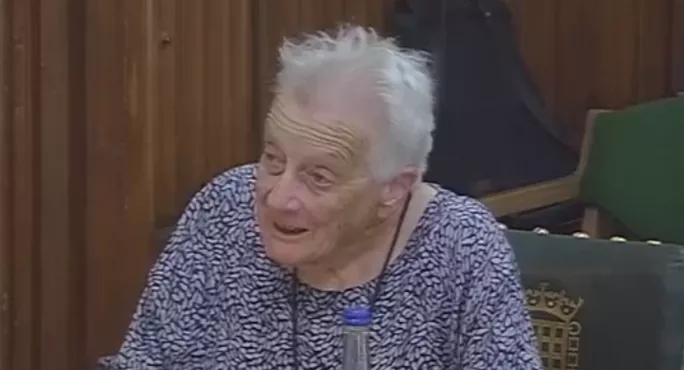Smaller secondary schools could help children with special educational needs and disabilities do better in mainstream environment, Baroness Warnock told MPs today.
Baroness Warnock, whose landmark 1978 report on special education enshrined the policy of inclusion, told the Commons Education Select Committee that she felt the “size and impersonality” of large secondaries compounded some children’s problems and could even be the source of them.
The peer said she had since had doubts over the feasibility of inclusion as a general principle, something she has expressed previously, and added that for some children the transition to secondary school would be eased by if their schools were smaller.
“I believe there are a considerable number of children who don’t and will never flourish in a large school,” she told the committee. “I think there are hazards, people are not terribly good at noticing in large schools.
“A lot of children flourish in large schools, but a lot don’t and these children might turn out, if they were only in a small school, really not to have any special educational needs. The needs, if not created, are compounded by the size and impersonality of the environment.
“I think this is a perfectly general observation, it was valid at the time of my report and is valid just as much now. So I do believe in the value of there being some small [or] smallish secondary schools.”
She added that the climate changes “radically” between primary and secondary schools and believes a lot of children don’t get enough attention in their first year in secondary school and start failing from then on.
She called on headteachers to pay particular attention to children in their first year of secondary school, saying: “a lot of problems could be solved, or never arise, if this was a priority for most heads”.
The education committee is holding an inquiry into the SEND system reviews and reforms.




